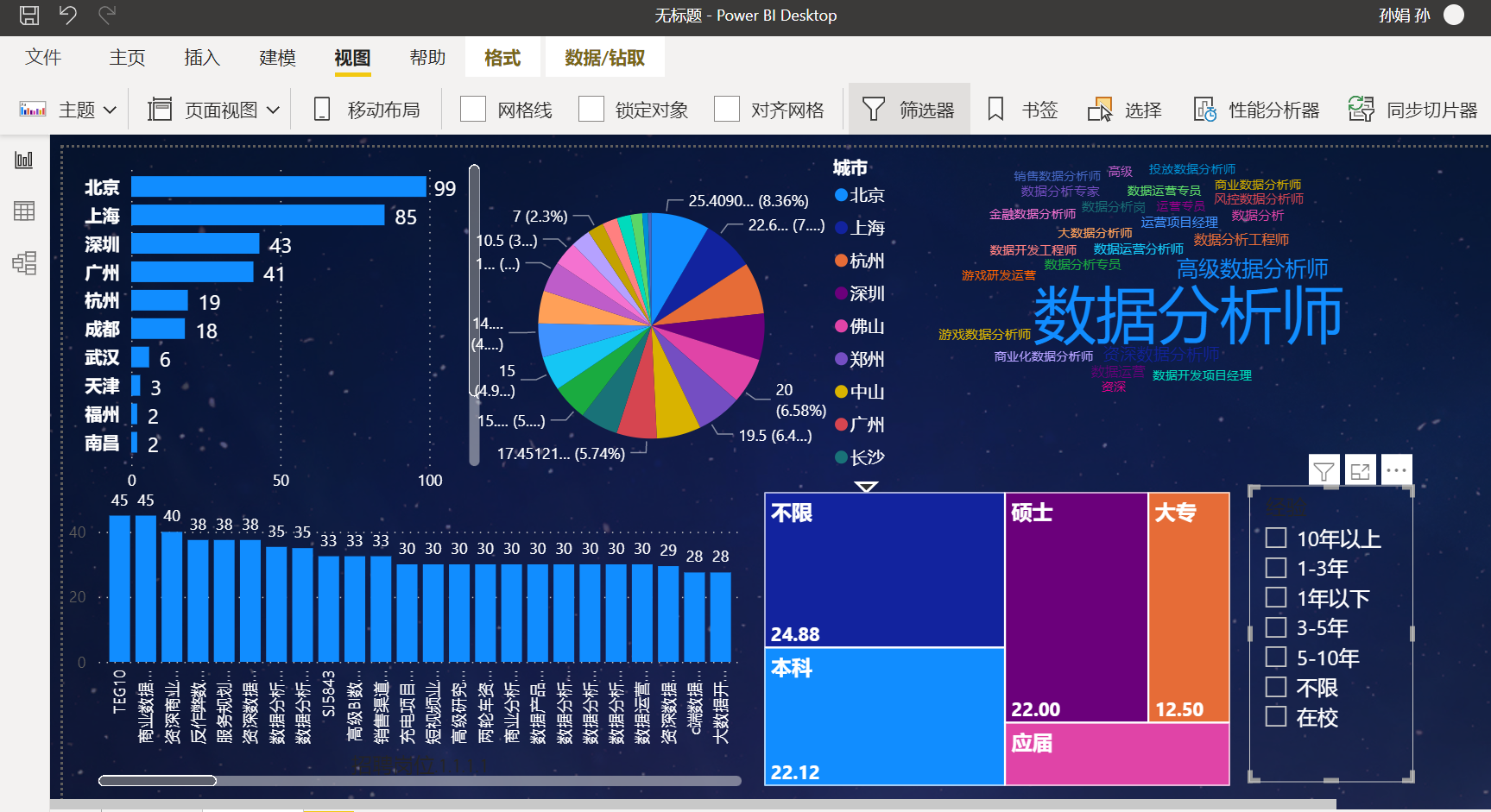免费商业智能工具箱,助力数据分析,开创数据驱动决策新时代!
本套免费商业智能工具箱包含一系列强大的数据分析和可视化工具,助力企业快速、高效地挖掘数据价值,通过直观的数据展示和深入的分析功能,帮助企业做出更明智的商业决策,无需任何费用即可轻松上手,为您的数据分析之旅注入全新动力,立即下载,开启数据分析新篇章!

The image you provided is a flowchart depicting the process of "output format." Here's a detailed explanation of each step in the flowchart:
-
Start: This is the beginning point of the process.
-
Check if data is ready: Determine whether the necessary data for output is available and complete.
-
Data preparation:
- If data is not ready, prepare the required data.
- If data is ready, proceed to the next step.
-
Choose output format:
- Select the desired output format based on requirements or preferences.
- Common formats include CSV, JSON, XML, PDF, etc.
-
Convert data to chosen format:
Transform the prepared data into the selected output format using appropriate tools or software.
-
Validate output:
- Check the converted data for accuracy and completeness.
- Ensure that it meets all specified criteria and standards.
-
Finalize output:
- Make any final adjustments or optimizations as needed.
- Prepare the output for delivery or further processing.
-
Deliver output:
- Send the finalized output to its intended destination or recipient.
- This could be via email, file transfer, web upload, etc.
-
End: The process concludes after successful delivery of the output.
This flowchart outlines a systematic approach to handling the conversion and delivery of data in various formats. Each step ensures that the output is accurate, validated, and delivered effectively according to predefined specifications.






